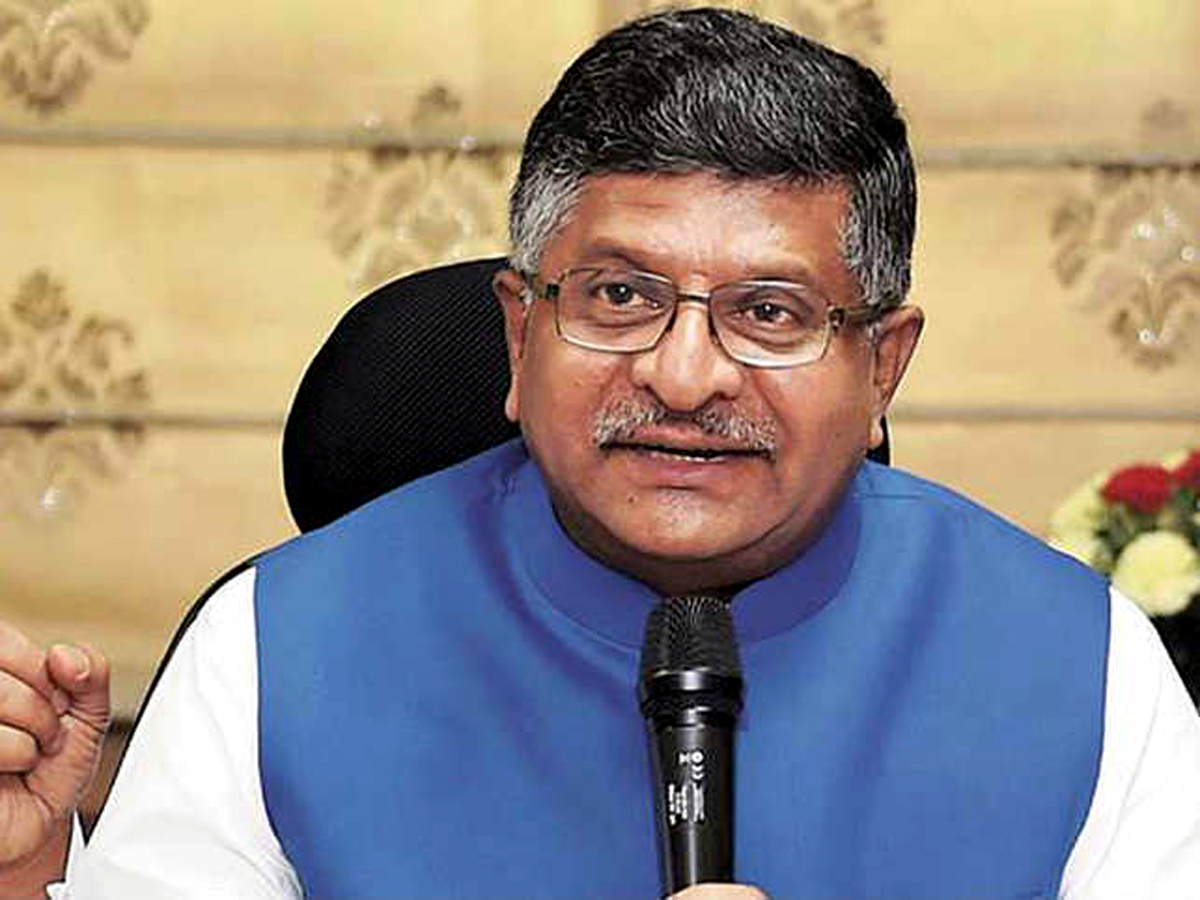NEW DELHI, June 3: Ravi Shankar Prasad, who took charge as the Union Law Minister Monday, said neither he nor his ministry will be a “post office” on judicial appointments and that he will work as a stakeholder in consultation with the Supreme Court and high courts to expedite recruitment of judges.
He also said the government is in a “mood” to fast track consultations with stakeholders to set up an all-India judicial service to recruit judges for lower courts.
Talking to reporters after taking charge, Prasad said, “The law minister and the law ministry are stakeholders, obviously giving due regard and respect to the collegium system.
“We have a stake (in judges’ appointments) and we will continue to pursue that stake in consultation with the Supreme Court and the high courts to expedite the appointments,” he said.
The Modi government in its previous term had on several occasions returned to the SC collegium recommendations made by it to appoint SC and HC judges, citing various reasons.
The Government has all along maintained that the law ministry is not a post office which will merely accept files.
Prasad’s remarks are a reiteration of the policy the government has followed.
With more than 5,000 positions of judicial officers in district and subordinate courts lying vacant, the newly-appointed law minister emphasised the need for setting up all-India judicial services.
He said the government is in a “mood” to fast track consultations with the stakeholders – the judiciary and state governments — to set up the service at the earliest.
“We want good people to join judiciary… the selection process should be more merit based… deprived section (of the society) should enter the service based on merit,” Prasad said.
The sanctioned strength of judicial officers in district and subordinate courts was 22,644 as on September 30, 2018.
The Government has made it clear that such a service would not encroach on the powers of states.
The selection and appointment of judges in subordinate courts is the responsibility of high courts and state governments concerned.
The Government has been pitching for creation of an all- India judicial services to appoint people in lower judiciary.
In August 2018, the minister wrote to all Chief Justices of high court to monitor the status of vacancies regularly and ensure proper coordination with the state Public Service Commission to fill up vacant posts.
On the contentious issue of finalisation of memorandum of procedure (MoP), Prasad said, “We will work it out.”
“I have already conveyed it to you that there are certain issues about screening etc on which we have two views. But there is always a healthy meeting ground which we will be able to find,” he said.
The MoP is a document which guides the appointment and transfer of judges of SC and HCs. In October 2015, a constitution bench headed by then chief justice of India J S Khehar struck down the National Judicial Appointments Commission Act passed by Parliament and directed the Centre to frame a new MoP in consultation with the chief justice of India.
After holding the Constitution (Ninety-ninth Amendment) Act, 2014 and the NJAC Act, 2014, as unconstitutional and void, the apex court in its separate order had decided to consider the incorporation of additional appropriate measures, if any, for an improved working of the collegium system. (PTI)


